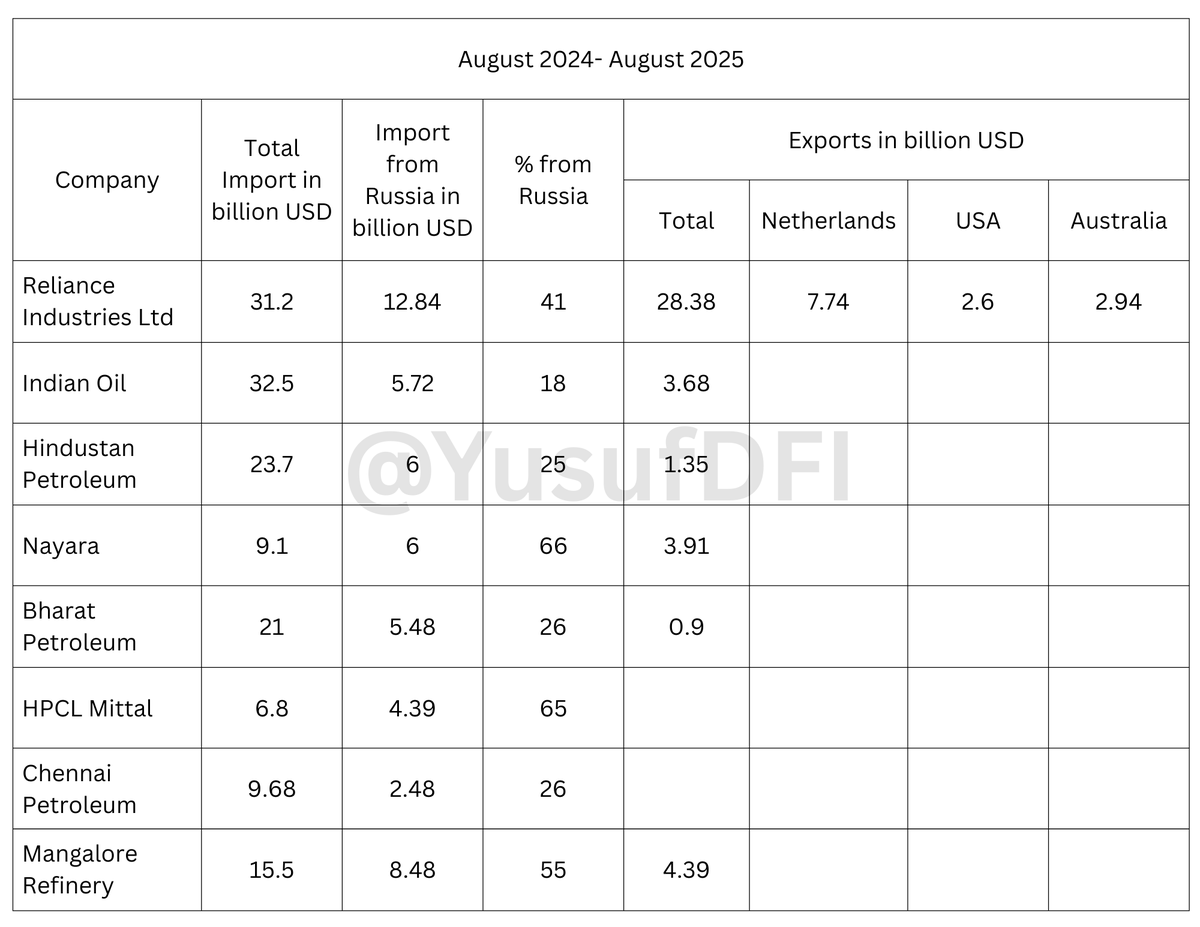Thread 🧵
1/
India has an opportunity to play a role on the global stage and flip the recent events on its head. But it requires imagination, courage & political will.
@narendramodi can invite Zelensky & Putin for a summit in New Delhi, and offer to send peacekeeping troops.
1/
India has an opportunity to play a role on the global stage and flip the recent events on its head. But it requires imagination, courage & political will.
@narendramodi can invite Zelensky & Putin for a summit in New Delhi, and offer to send peacekeeping troops.
2/
Just a couple of days before Modi meets Putin at the SCO summit in China, Zelensky called him. Likely with a message.
Modi has been speaking to both Zelensky and Putin — and in the past has passed messages back and forth between the two leaders.
Just a couple of days before Modi meets Putin at the SCO summit in China, Zelensky called him. Likely with a message.
Modi has been speaking to both Zelensky and Putin — and in the past has passed messages back and forth between the two leaders.
3/
Trump has slapped 50% tariffs on India, accusing it of aiding Russia’s war on Ukraine.
The US says “the road to peace lies through New Delhi” — a false and unfair allegation that even branded Russia’s Ukraine war as “Modi’s war.”
Trump has slapped 50% tariffs on India, accusing it of aiding Russia’s war on Ukraine.
The US says “the road to peace lies through New Delhi” — a false and unfair allegation that even branded Russia’s Ukraine war as “Modi’s war.”
4/
But this moment could be turned on its head. I was just having a chat with my friend @SaurabhJoshi who said India must show imaginative diplomacy and what it can offer.
He recommended sending peacekeepers after a ceasefire. India has strong peacekeeping credentials that will be accepted by both sides.
But this moment could be turned on its head. I was just having a chat with my friend @SaurabhJoshi who said India must show imaginative diplomacy and what it can offer.
He recommended sending peacekeepers after a ceasefire. India has strong peacekeeping credentials that will be accepted by both sides.
5/
@SaurabhJoshi pointed out that it’s telling and ironic that Zelensky didn’t call Xi, but called @narendramodi while he is in China.
Earlier this week, Zelensky rejected the idea of Chinese troops.And Russia has rejected European troops.
“Aur kahan se credible peacekeepers ayenge”, he asked.
@SaurabhJoshi pointed out that it’s telling and ironic that Zelensky didn’t call Xi, but called @narendramodi while he is in China.
Earlier this week, Zelensky rejected the idea of Chinese troops.And Russia has rejected European troops.
“Aur kahan se credible peacekeepers ayenge”, he asked.
6/
When I said India only sends peacekeepers under the UN, @SaurabhJoshi countered that— “it’s a manufactured constraint India has always used so it doesn’t have to get involved.”
But the situation now demands India break from the self imposed limitation.
When I said India only sends peacekeepers under the UN, @SaurabhJoshi countered that— “it’s a manufactured constraint India has always used so it doesn’t have to get involved.”
But the situation now demands India break from the self imposed limitation.
7/
@SaurabhJoshi suggested that once a ceasefire is reached, India can separately negotiate the terms of the peacekeeping with a tripartite agreement with UKR and RUS to set terms of operation, responsibility and engagement for peacekeeping operations. Importantly and additionally, access to rapid action resources on both sides.
The funding can come from Europe.
@SaurabhJoshi suggested that once a ceasefire is reached, India can separately negotiate the terms of the peacekeeping with a tripartite agreement with UKR and RUS to set terms of operation, responsibility and engagement for peacekeeping operations. Importantly and additionally, access to rapid action resources on both sides.
The funding can come from Europe.
8/
In my opinion, this is where imaginative diplomacy, courage, and political will matter.
Modi can turn the narrative around by inviting both Zelensky and Putin for a summit in New Delhi.
Yes, it requires expending diplomatic capital. But it could flip the game vis-à-vis the US.
In my opinion, this is where imaginative diplomacy, courage, and political will matter.
Modi can turn the narrative around by inviting both Zelensky and Putin for a summit in New Delhi.
Yes, it requires expending diplomatic capital. But it could flip the game vis-à-vis the US.
9/
India has the credibility.
India has the channels.
It has to show the political will to seize the opportunity.
And that is the difference between nations that shape outcomes — and those that watch history unfold.
— End —
India has the credibility.
India has the channels.
It has to show the political will to seize the opportunity.
And that is the difference between nations that shape outcomes — and those that watch history unfold.
— End —
• • •
Missing some Tweet in this thread? You can try to
force a refresh





